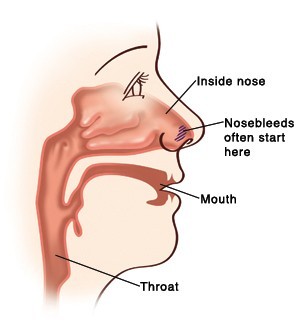 Nosebleeds | Ear, Nose, Throat & Allergy Specialist | Canton
Nosebleeds | Ear, Nose, Throat & Allergy Specialist | CantonBlogWhat causes nasal bleeding? And how can you prevent them? Share This Postcan can be profuse and dramatic, but the good news is that most of them are not serious. They can certainly be terrifying sometimes, but they are rarely life-threatening. They can occur at any age but are more common and over 50 years old. But have you ever wondered what causes nasal bleeding? We will take a look at this problem and, even more importantly, examine how to prevent nasal bleeding. What causes nasal bleeding? Often, there is no obvious reason for bleeding and may seem very random. However, there are some factors that can cause bleeding. These include:The medical term for nasal bleeding is epistaxis. The nasal mucous membranes heat and humidify the air while passing through the nose. To achieve this, the nose has a very rich vascular supply. There is a collection of blood vessels in the previous sept, the bone that divides the nose, called Kiesselbach's plexo, where most nasal bleeding occurs. Have you noticed that nasal bleeding is more common in winter? Heated air and chronic colds can irritate and dry the delicate blood vessels of the nose. Excessive peak, scratch, nose, and sneeze — which are more common in winter — contribute to nasal bleeding. Why do allergies cause problems? If you or your child have chronic allergies, your nose may bleed frequently. Those with allergies are very susceptible to nasal bleeding. Why? To answer this question, help if you know how allergens affect the inside of your nose. An allergen is any substance, such as pollen or ragweed, which causes an allergic reaction. There are many small blood vessels in the nose, and these vessels can be easily damaged, leading to nasal bleeding. Even something as simple as the air that moves through the nose can contribute to the problem by irritating the nasal membranes, which in turn can damage small blood vessels. Allergens dry their nose, which leads to irritation and nasal bleeding. Antihistamines or decongestors, which are often used to relieve allergy symptoms, can also cause a dry nose and create nasal bleeding. In winter, when common cold and viruses are more common, nasal bleeding is common. Nasal bleeding can occur in the nasal sept (the piece of tissue that separates the nose in two nasal passages) or beyond in the nasal cavity. Infections that are the result of allergies increase the likelihood of nasal bleeding. Can nerves bleed? By itself, stress is not likely to cause nasal bleeding. In many cases, it is the response to stress - not stress itself - that causes nasal bleeding. When some people are stressed, they can tend to blow the nose frequently or pick it up. This can trigger a nosebleed. Stress can also contribute to high blood pressure, which can be a potential cause of nasal bleeding. Why are there so many bleeding in children? Most of the time, they are caused by dry air or by the nose. Children may also have minor injuries in the nose of sports or playground. These are rarely serious but they can be very scary for your child. If your child has a nosebleed, calm them down. However, if the nose is not stopped after 20 minutes, or if you feel that your child has something stuck in your nose, contact a Raleigh ear, nose, and throat doctor near you, as a member of our compassionate and dedicated team at Raleigh Capitol ENT. We offer extensive pediatric ENT services. In fact, if your child is experiencing any of the following, we recommend to schedule an appointment with one of our ear doctors, nose and throat in the area of Raleigh: Although nasal bleeding is rarely severe, there are some occasions when you should look for emergency treatment. Get immediate medical care if your child: How to stop your child's nasal bloodFirst, calm your child. While most nasal bleeding is easily controlled, the view of the cooling blood is disturbing. Make sure the child is standing or sitting forward. Do not allow your child to support: This can make the child cough or drown in the blood. If the blood swallows, it can cause nausea. Take a cotton ball and soak with Afrin, Neo-Synephrine, or Dura-Vent. Then put the cotton ball into the nose. If you do not have access to these medications, pinch the tip of the nose and the portion of the nasal pits under the bone. Press the soft part of the nose for 5 to 10 minutes until the bleeding stops. When the bleeding stops, make sure your child does not remove the blood clot when collecting, scrubbing or blowing the nose. Apply an ice pack to the cheeks and the nose bridge. If you or your child have frequent nasal bleeding, it is important to address the underlying cause. Through allergy tests, we can determine what can be the reason behind the allergies of children. Are there different types of nasal bleeding? Yeah. In fact, they can be divided into two types: previous and later. The previous epistaxis represents about 90% of nasal bleeding and tends to be easier to handle. With an earlier nasal bleeding, the blood will tend to go out the front of the nose. The bleeding that is more profuse and coming down the back of the throat is more likely to be later. What to do in case of nasal bleeding It is always a good idea to understand when it comes to nasal bleeding. As we have said, most nasal bleeding is not serious and can be easily handled. First, we want to emphasize that you must not support your head. This can lead to gagging, coughing or, in some cases, even vomiting. The blood that circulates can alter the stomach. If bleeding occurs, sit down and support and relax. Press the nose firmly into the soft part of the nose so that the pressure is applied against the sept. Apply ice or cold fabrics to the nose. Press your nose for 5 minutes, looking at the clock. If he's still bleeding, then pinch his nose for another 10-15 minutes. If the bleeding continues, then medical care may be necessary. Free-sale nasal sprays containing oxymetazoline or phenylephrine can help decrease bleeding. If your nasal bleeding does not stop after doing this repeatedly, contact us immediately. How to Prevent Nasal Bleeds Fortunately, nasal bleeding is easy to prevent following a few simple steps. We recommend:In addition, trimming your child's nails can prevent nasal bleeding from the nose-picking. It is also useful to place a light coating of the oil jelly gently around the nose. Procedures Help relieve chronic bleeding If you have had chronic bleeding, it is important to schedule an appointment with one of our experienced otolaryngologists. While you can effectively stop a nasal bleeding, you should treat the underlying cause to prevent it from happening repeatedly. If chronic allergies are the root of your problem, we have a wide range of successful treatment plans. We will adapt one to meet your needs or your child's needs. If a nasal bleeding occurs two or three times a month, it may have chronic bleeding. Sometimes these require a procedure. The previous bleeding can sometimes be handled with chemical cauterization using silver nitrate. From time to time, persistent bleeding will require nasal packaging and, more rarely, surgical management or embolization. Once such a procedure is sclerotherapy. During this procedure, a solution is injected into certain nasal blood vessels. As a result, they collapse. So, blood flow is routed through healthier veins. The collapsed vessels will eventually disappear. Do you need help bleeding the chronic nose? See Our Nose and Gorge Doctors in RaleighMost nasal bleeding is nothing but a nuisance. However, we can treat the underlying problems, such as allergies, which are behind these disturbing incidents. In certain cases, structural problems of the nose can be caused by structural problems. If that's the case, our nationally recognized surgeons will work with you to solve the problem. For decades, Raleigh Capitol Ear Nose and Throat has been the leading provider of choice for the region. See for yourself how our dedication and compassion makes the difference. We would love the opportunity to be partners in your care. today. Raleigh Capitol Ear, Nose and Throat is the main practice of ENT medical property in the area with seven convenient locations throughout Wake County. Our certified doctors have extensive experience in treating common and complex cases to help both adults and children. For more information or schedule an appointment, contact us. Categories MIDTOWN RALEIGH Telephone: Fax: 919.420.2028 BRIER CREEK RALEIGH Telephone: Fax: 919.420.2028CARY Telephone: Fax: 919.420.2028WEST RALEIGH Telephone: Fax: 919.571.8135WAKE FOREST Telephone: Fax: 919.571.8135 GARNER Telephone: Fax: 919.571.8135FILLY SPRINGS Telephone: Fax: 919.420.2028 LOCATIONSMIDTOWN RALEIGHBRIER CREEK RALEIGHCARYWEST RALEIGHWAKE FORESTGARNERHOLLY SPRINGS
What causes nasal bleeding and how to treat them We include products that we believe are useful to our readers. If you buy through links on this page, we can win a small commission. OverviewNose bleeding is common. They may be afraid, but they rarely indicate a serious medical problem. The nose contains many blood vessels, which are near the surface at the front and back of the nose. They are very fragile and they bleed easily. Nosebleeds are common in adults and . There are two types of nasal bleeding. An anterior nasal bleeding occurs when the blood vessels in the front of the rupture and bleeding. A occurs in the back or deepest part of the nose. In this case, the blood flows through the back of the throat. Nosebleeds can be dangerous. There are many causes of nasal bleeding. Sudden or infrequent nasal bleeding is rarely severe. If you have frequent bleeding, you may have a more serious problem. Dry air is the most common cause of nasal bleeding. Living in a dry climate and using a central heating system can dry the nasal membranes, which are tissues inside the nose. This dryness causes crispy inside the nose. Crusting may sting or irritate. If your nose is scratched or chosen, it can bleed. Take and for, or also dry the nasal membranes and cause nasal bleeding. Frequent nose blowing is another cause of nasal bleeding. Other common causes of nasal bleeding are: Other causes of nasal bleeding are: Most nasal bleeding does not require medical attention. However, you should look for medical care if your nasal bleeding lasts more than 20 minutes, or if it occurs after an injury. This can be a sign of a later nasal bleeding, which is more serious. Injuries that may cause a nasal bleeding include a fall, a car accident or a stroke in the face. Nasal bleeding that occurs after an injury may indicate a , , or . If you are looking for medical attention for a nasal bleeding, your doctor will perform an analysis to determine a cause. You'll see your nose to detect signs of a foreign object. They will also ask questions about your medical history and current medicines. Tell your doctor about any other symptoms you have and any recent injuries. There is no single test to determine the cause of a nasal bleeding. However, your doctor may use diagnostic tests to find the cause. These tests include:The treatment of bleeding varies depending on the type and cause of nasal bleeding. Read to find out about treatments for different nasal bleeding. Previous nasal bleeding If you have an earlier nasal bleeding, you sang from the front of your nose, usually a nose. You can treat a previous nose bleeding at home. As long as you sit, tighten the soft part of your nose. Make sure your nostrils are completely closed. Keep your nostrils closed for 10 minutes, lean a little forward and breathe through your mouth. Don't lie down when you try to stop a nosebleed. Sleeping may result in swallowing blood and may irritate your stomach. Clean your nostrils after 10 minutes and check if the bleeding has stopped. Repeat these steps if the bleeding continues. You can also apply one over the nose bridge or use one to close small blood vessels. Talk to your doctor immediately if you cannot stop a nasal bleeding on your own. You may have a posterior nasal bleeding that requires more invasive treatment. Subsequent nasal bleeding If you have a posterior nose bleeding, you bleed from the back of the nose. Blood also tends to flow from the back of the nose through the throat. Subsequent nasal bleeding is less common and often more severe than previous nasal bleeding. Nosebleeds should not be treated at home. Contact your doctor immediately or go to the emergency room (ER) if you think you have a posterior nose bleeding. Hemorrhages caused by foreign objects If a foreign object is the cause, your doctor may remove the object. Cauterization A medical technique called cauterization can also stop persistent or frequent nasal bleeding. This means that your doctor burns blood vessels in your nose with a device of heating or silver nitrate, a compound used to remove the tissue. Your doctor can pack your nose with cotton, gauze or foam. They can also use a balloon catheter to apply pressure to blood vessels and stop bleeding. There are several ways to prevent nasal bleeding. Nosebleeds are common and are not usually severe. Most are previous nasal bleeding and can often be treated at home. These usually happen suddenly and don't last long. They result from many causes, especially dry air and repeated scratch or nose collection. If you cannot stop the bleeding from the previous nose, you should call your doctor immediately. A subsequent bleeding can be more serious. If you think you may have a posterior nose bleeding, contact your doctor immediately or go to the ER. Keeping the air humidified in your home, avoiding picking up your nose, and using the nasal fogs to keep the nasal passages wet are good ways to help prevent nasal bleeding. Last medical review on March 14, 2018Read this following

Allergy and Nose Bleed – How Are They Related?
Why Do Allergies Cause Nosebleeds? - Alabama Nasal and Sinus Center, Birmingham, AL, ENT
Nosebleeds (Epistaxis): Types, Causes, Treatment & Prevention.jpg.aspx)
12 Nose Bleed Tips
Nose Bleeds | Entspecialistsingapore.com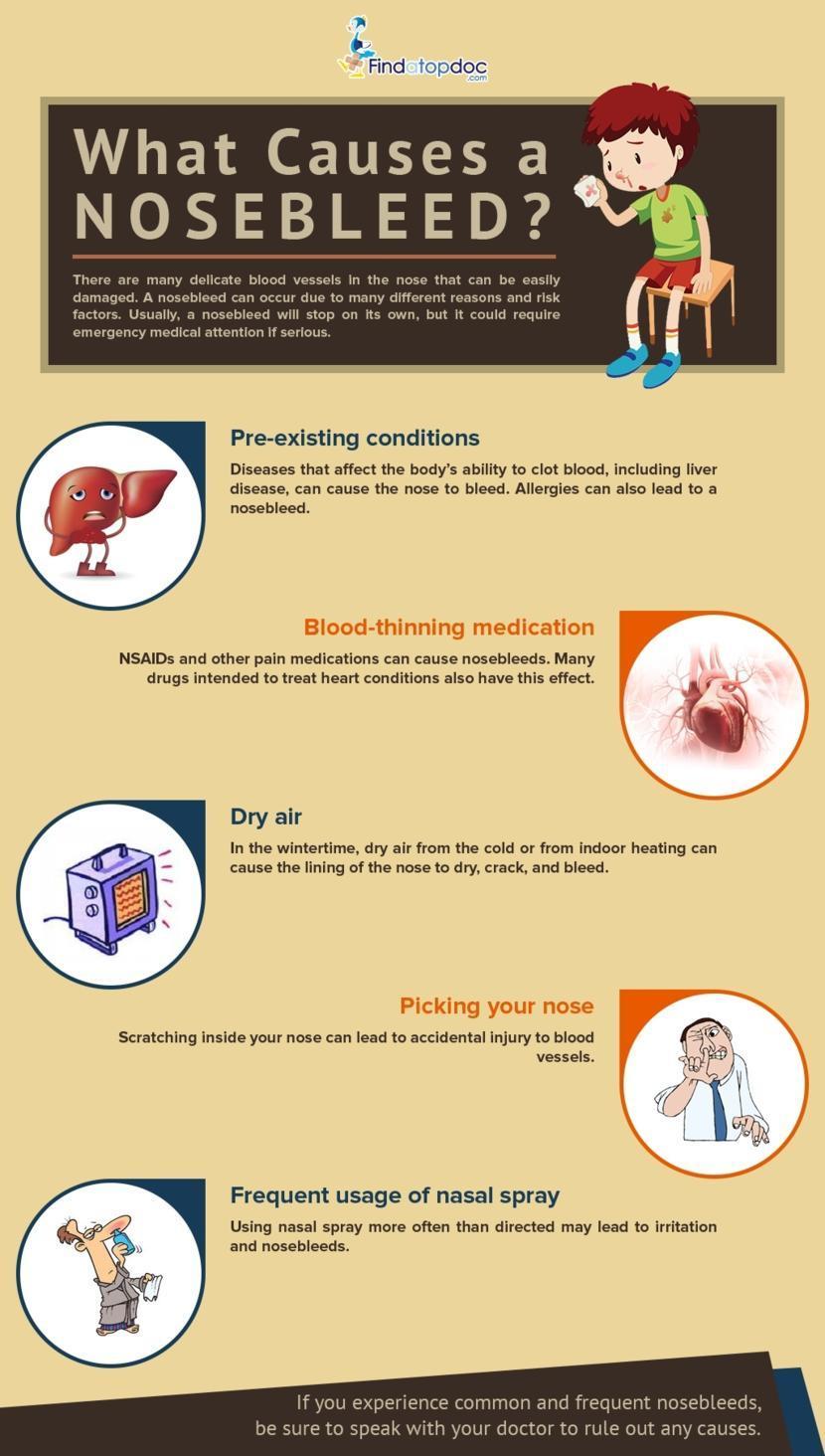
Nose Bleed: Causes, Diagnosis, and Treatment | FindATopDoc
Headache and Nosebleed: Causes, Photos, and Treatments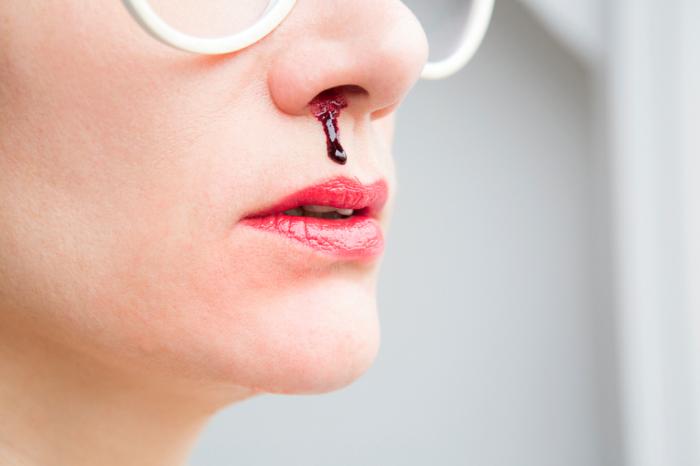
Nosebleeds: Causes, treatment, and home remedies
Getting Too Many Nosebleeds? When You Should Worry – Health Essentials from Cleveland Clinic
How to Prevent Nose Bleeds | Pinnacle ENT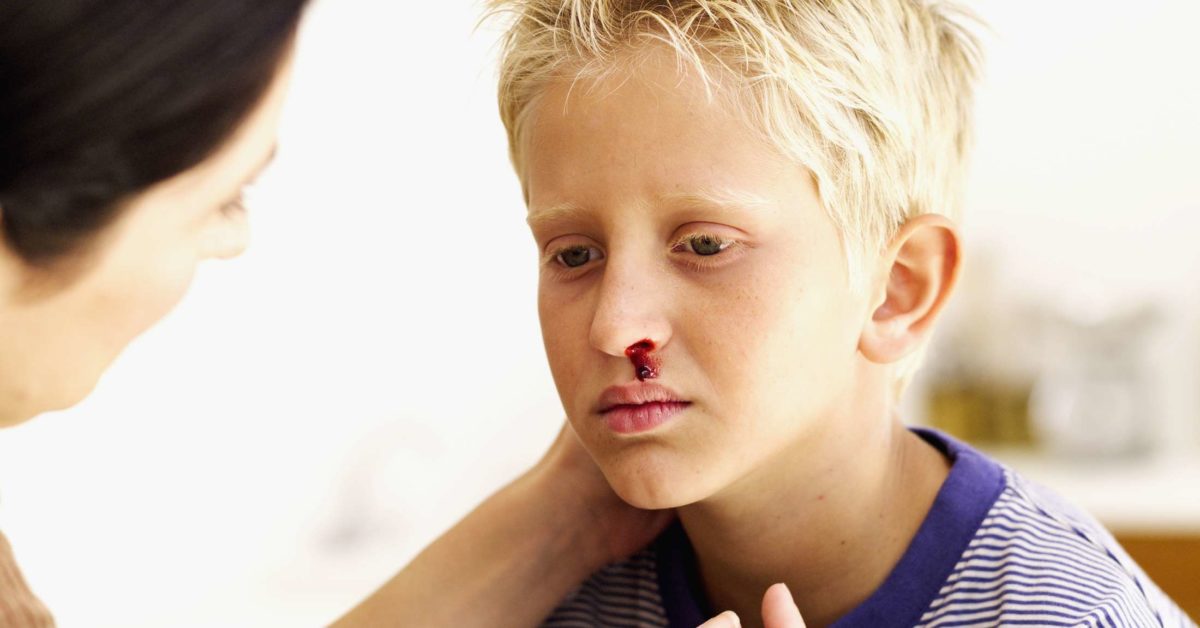
Nosebleeds in children: When to see a doctor, causes, and prevention
Allergies and Nosebleeds | Blog | Ashford ENT Clinic
What Causes Nosebleeds? And How Can You Prevent Them? | Raleigh Capitol Ear, Nose & Throat
Allergic rhinitis: MedlinePlus Medical Encyclopedia:max_bytes(150000):strip_icc()/nosebleed---a-young-woman-suffering-from-nose-bleeding-and-using-tissue-paper-for-stop-bleeding--healthcare-and-medical-concept--1208301292-6bb041ff98db405fa3698045a97cdd95.jpg)
Causes and Treatment of Nosebleeds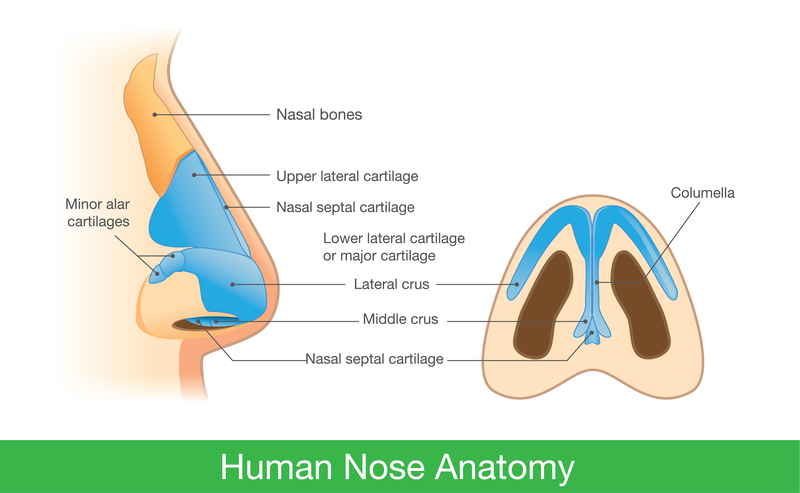
Nosebleed (Epistaxis) - Harvard Health
Pin on Health & Wellness
Nosebleeds at night: Causes and home remedies
Nosebleeds | Young Men's Health
8 Weird Reasons Why You Get Random Nosebleeds | SELF
What Causes Nose Bleeds? | Colorado ENT | Colorado Springs, CO
Blood When Blowing Nose: Cancer, in Mucus, and Sinus Infection
Summer Nosebleeds: Causes and Cures | Albany ENT & Allergy Services
Here's What Causes Nosebleeds and How to Stop Them | Everyday Health
The Most Common Causes of Nosebleeds – GantNews.com
Why Do We Get NoseBleeds (Page 1) - Line.17QQ.com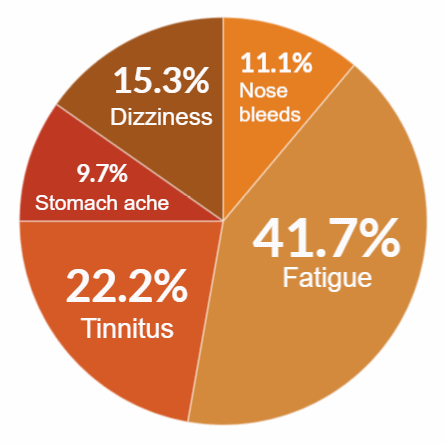
6 surprising allergy symptoms
Nosebleed - Wikipedia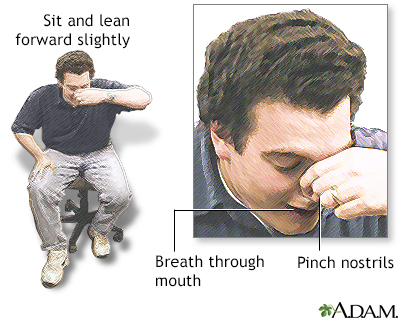
Nosebleed Information | Mount Sinai - New York
Nose Bleeds Everyday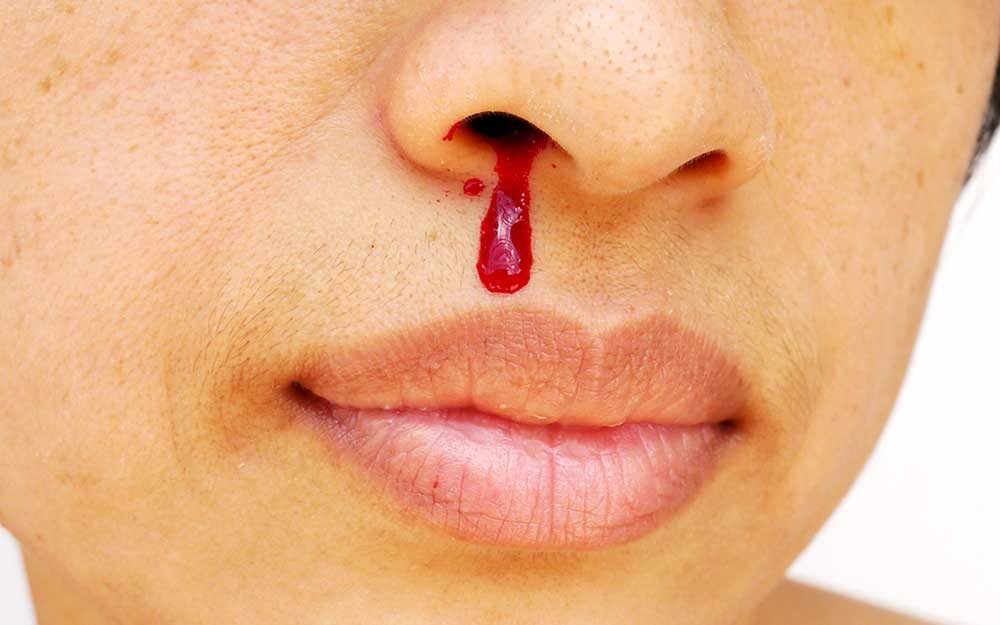
What Causes Nosebleeds: Surprising Reasons Your Nose Is Bleeding | The Healthy
Nose Bleed – Epistaxis - Otolaryngology Specialists of North Texas
Nosebleeds at night: Causes and home remedies
What's Causing Your Headache and Nosebleed? – South Florida ENT-(1).jpg.aspx?width=886&height=506&ext=.jpg)
12 Nose Bleed Tips
When Should You Worry About a Nosebleed? | California Head & Neck Specialists
10 Acupressure Points to Cure Nose Bleeding
Stopping Nosebleeds: Nosebleed Treatment Do's and Don'ts | HemAware
How to Stop a Nosebleed: Reasons & Treatment for Nose Bleeding
Are nosebleeds dangerous? | The Star
 Nosebleeds | Ear, Nose, Throat & Allergy Specialist | Canton
Nosebleeds | Ear, Nose, Throat & Allergy Specialist | Canton

.jpg.aspx)










:max_bytes(150000):strip_icc()/nosebleed---a-young-woman-suffering-from-nose-bleeding-and-using-tissue-paper-for-stop-bleeding--healthcare-and-medical-concept--1208301292-6bb041ff98db405fa3698045a97cdd95.jpg)



















-(1).jpg.aspx?width=886&height=506&ext=.jpg)





Posting Komentar untuk "allergies cause nose bleeds"